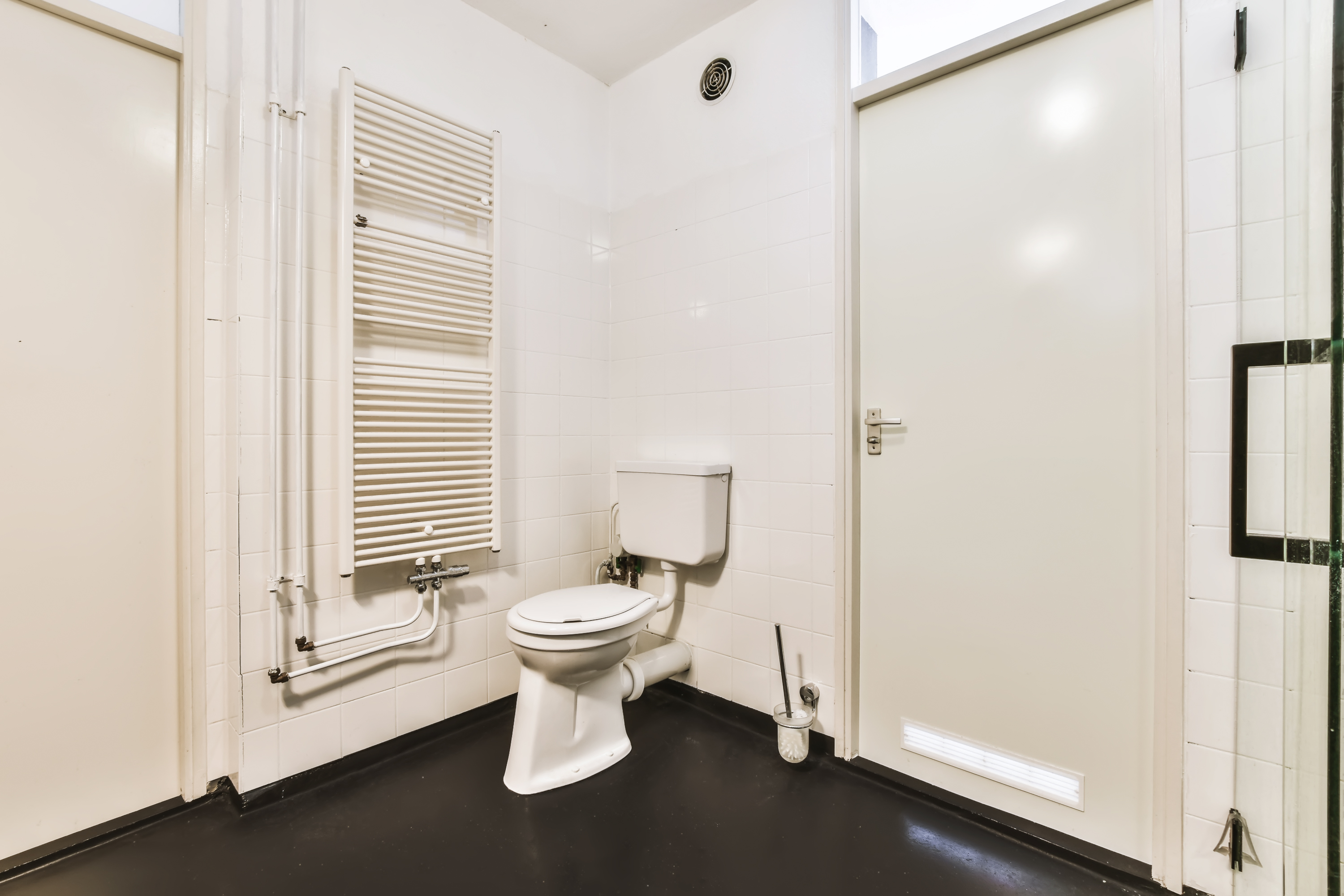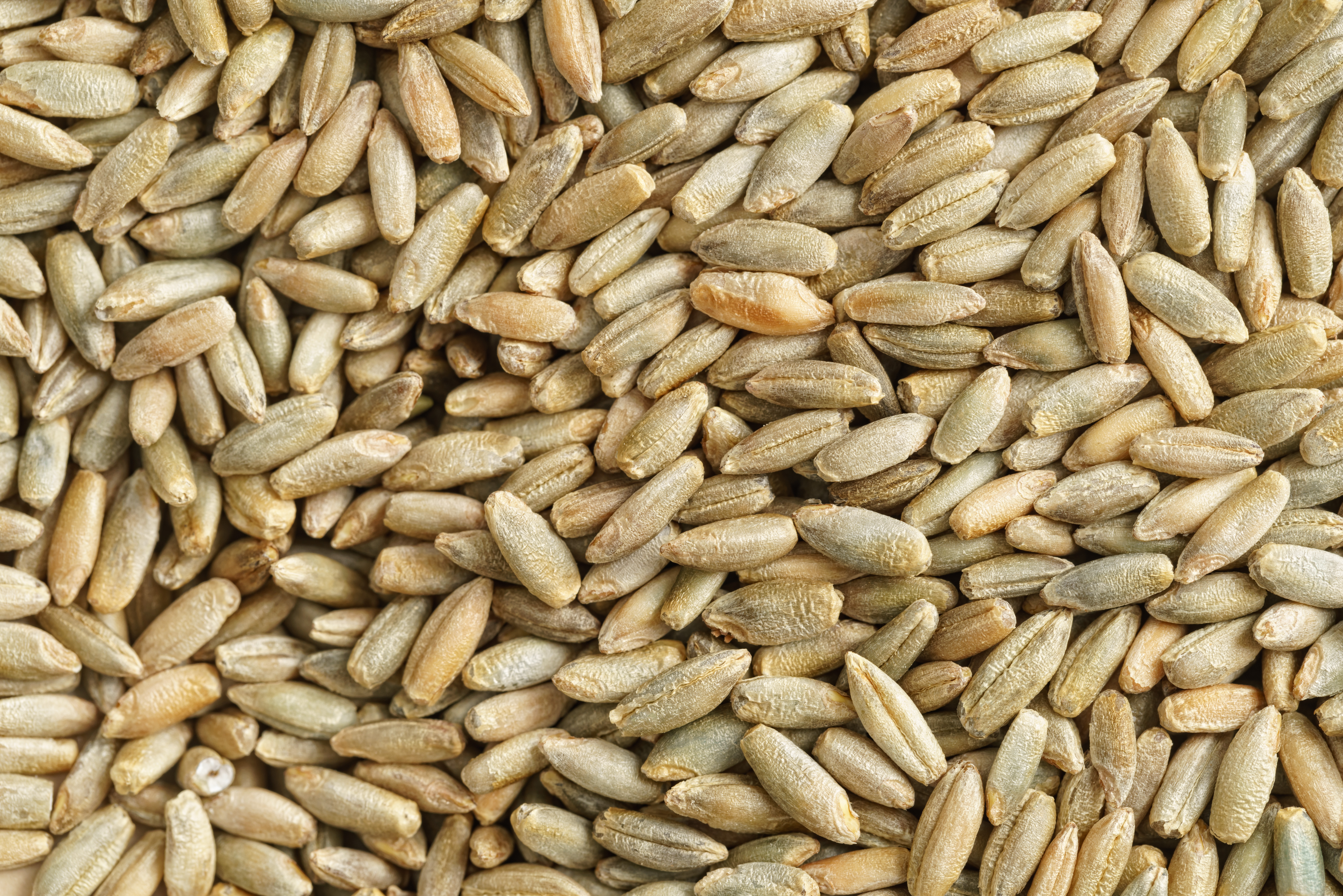What Your Poop Says About Your Health
In the world of health and wellness, understanding the subtleties of our body's signals is crucial. Among these signals, the state of our bowel movements is often overlooked, yet it holds a treasure trove of insights into our overall well-being. This article will delve into the nuances of stool analysis. Each section will explore a different aspect of what your poop can reveal about your digestive health, from color and consistency to frequency and odor. This comprehensive guide aims to equip you with the knowledge to interpret these signs and make informed decisions about your health, fostering a deeper connection with your body's unique language.
1. The Spectrum of Stool Colors: What Each Shade Signifies

The color of your stool is one of the most apparent indicators of your digestive health. While brown is the typical hue for healthy stools, variations can occur due to diet, medications, or underlying health conditions. For instance, green stools might result from a diet high in leafy greens or a rapid transit time through the intestines. On the other hand, black stools could indicate bleeding in the upper gastrointestinal tract, while pale or clay-colored stools might suggest issues with bile production, potentially pointing to liver or gallbladder disorders. Understanding these color variations is essential for identifying potential health issues early and seeking appropriate medical advice when necessary.
2. Consistency and Form: The Bristol Stool Chart Explained

The Bristol Stool Chart is a valuable tool for assessing stool consistency and form, offering insights into digestive health. This chart categorizes stool into seven types, ranging from hard lumps to entirely liquid. Ideally, stools should be soft and easy to pass, resembling types 3 or 4 on the chart. Hard, lumpy stools may indicate constipation, often caused by inadequate fiber intake or dehydration. Conversely, loose or watery stools might suggest diarrhea, potentially due to infections, food intolerances, or digestive disorders like IBS. By regularly monitoring stool consistency, individuals can adjust their diet and lifestyle to promote optimal digestive function.
3. Frequency of Bowel Movements: Finding Your Natural Rhythm

The frequency of bowel movements varies widely among individuals, influenced by diet, activity level, and overall health. While some people may have a bowel movement once or twice daily, others might only go every few days. Both patterns can be normal, provided the stools are consistent and easy to pass. Significant deviations from your usual pattern, such as sudden constipation or diarrhea, can signal digestive disturbances or stress. Maintaining a regular schedule is often a sign of a healthy gut, and disruptions may warrant dietary adjustments or consultation with a healthcare provider to rule out underlying issues.
4. The Role of Fiber: A Key Component of Digestive Health

Fiber plays a crucial role in promoting regular bowel movements and maintaining digestive health. It adds bulk to stools, facilitating passage through the intestines and preventing constipation. There are two types of dietary fiber: soluble and insoluble. Soluble fiber, found in foods like oats and legumes, helps regulate blood sugar and cholesterol levels, while insoluble fiber, present in whole grains and vegetables, aids in stool formation and regularity. A balanced diet rich in both types of fiber can improve gut health, enhance nutrient absorption, and reduce the risk of digestive disorders, highlighting the importance of fiber in your daily diet.
5. Hydration and Its Impact on Stool Quality

Adequate hydration is vital for maintaining healthy bowel movements. Water is essential for softening stools and promoting their smooth passage through the intestines. Dehydration can lead to hard, dry stools, resulting in constipation and discomfort. Conversely, sufficient fluid intake can prevent these issues and support overall digestive health. The recommended daily water intake varies depending on factors such as age, sex, and activity level, but a general guideline is to aim for at least eight 8-ounce glasses of water per day. Staying hydrated not only benefits your digestive system but also supports overall bodily functions and well-being.
6. The Influence of Diet on Stool Characteristics

Diet is a significant factor influencing the color, consistency, and frequency of bowel movements. A diet high in processed foods and low in fiber can lead to irregular bowel habits and poor stool quality. Conversely, a balanced diet rich in fruits, vegetables, whole grains, and lean proteins can promote healthy digestion and regularity. Additionally, certain foods may affect stool color, such as beets turning stools reddish or blueberries causing a darker hue. Understanding how different foods impact your digestive system can help you make dietary choices that support optimal gut health and improve overall wellness.
7. The Gut Microbiome: A Hidden World Affecting Your Stool

The gut microbiome, a complex community of trillions of microorganisms living in the digestive tract, plays a crucial role in digestive health and stool characteristics. A diverse and balanced microbiome aids in nutrient absorption, immune function, and the production of essential vitamins. Disruptions to this delicate ecosystem, caused by factors such as antibiotic use or poor diet, can lead to digestive issues and changes in stool quality. Probiotics and prebiotics, found in fermented foods and supplements, can support a healthy microbiome, promoting regular bowel movements and overall gut health. Understanding the microbiome's influence on digestion underscores its importance in maintaining well-being.
8. Stress and Its Effects on Digestive Function

Stress can significantly impact digestive health, influencing bowel habits and stool characteristics. The gut-brain axis, a bidirectional communication system between the brain and the digestive system, means that stress can lead to symptoms such as constipation, diarrhea, or irritable bowel syndrome (IBS). Stress management techniques, including mindfulness, exercise, and adequate sleep, can help mitigate these effects and promote a healthy digestive system. By recognizing the connection between stress and digestion, individuals can take proactive steps to manage stress and support their gut health, leading to improved overall well-being.
9. Recognizing Signs of Digestive Disorders

Changes in stool characteristics can sometimes indicate underlying digestive disorders. Conditions such as irritable bowel syndrome (IBS), inflammatory bowel disease (IBD), and celiac disease can manifest through symptoms like chronic diarrhea, constipation, or blood in the stool. Recognizing these signs and seeking medical evaluation is crucial for early diagnosis and management. Treatment options may include dietary modifications, medications, or lifestyle changes to alleviate symptoms and improve quality of life. By understanding the potential warning signs of digestive disorders, individuals can take timely action to protect their health and well-being.
10. When to Seek Medical Advice: Understanding Red Flags

While occasional changes in stool color or consistency are often benign, certain symptoms warrant medical attention. Persistent changes, such as black or bloody stools, severe abdominal pain, or unexplained weight loss, may indicate serious health issues requiring professional evaluation. Consulting a healthcare provider can help identify the underlying cause and determine appropriate treatment. Regular check-ups and open communication with your doctor about digestive health can also aid in early detection of potential problems, ensuring timely intervention and promoting long-term well-being.
Embracing the Insights from Your Gut

Understanding the nuances of your bowel movements is a powerful tool for maintaining digestive health and overall well-being. By paying attention to the color, consistency, frequency, and other characteristics of your stool, you can gain valuable insights into your body's needs and make informed decisions about your diet and lifestyle. This 10-step guide has provided a comprehensive overview of the factors influencing stool quality and the potential health implications. Embracing this knowledge empowers you to listen to your gut's whispers, fostering a deeper connection with your body and promoting a healthier, more balanced life.